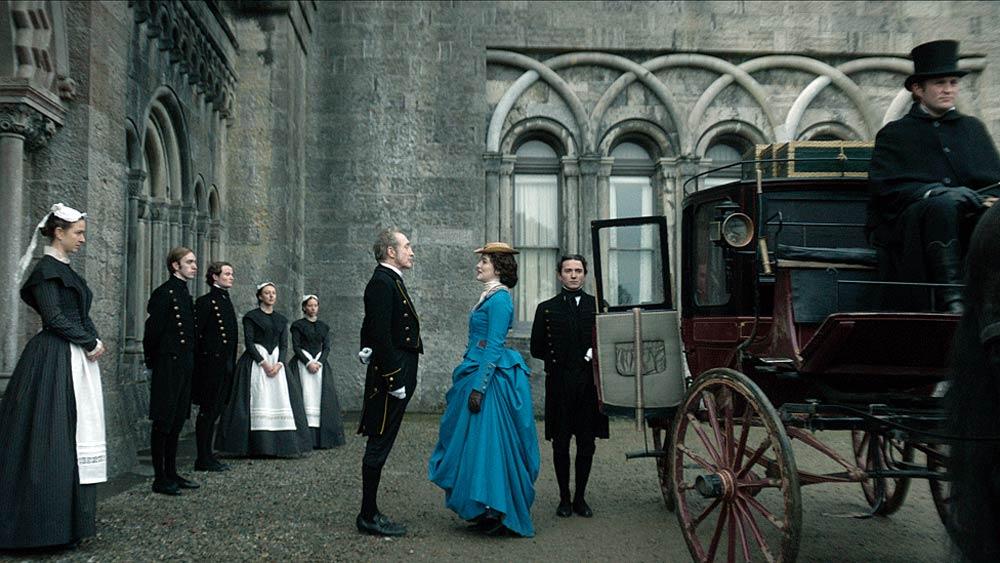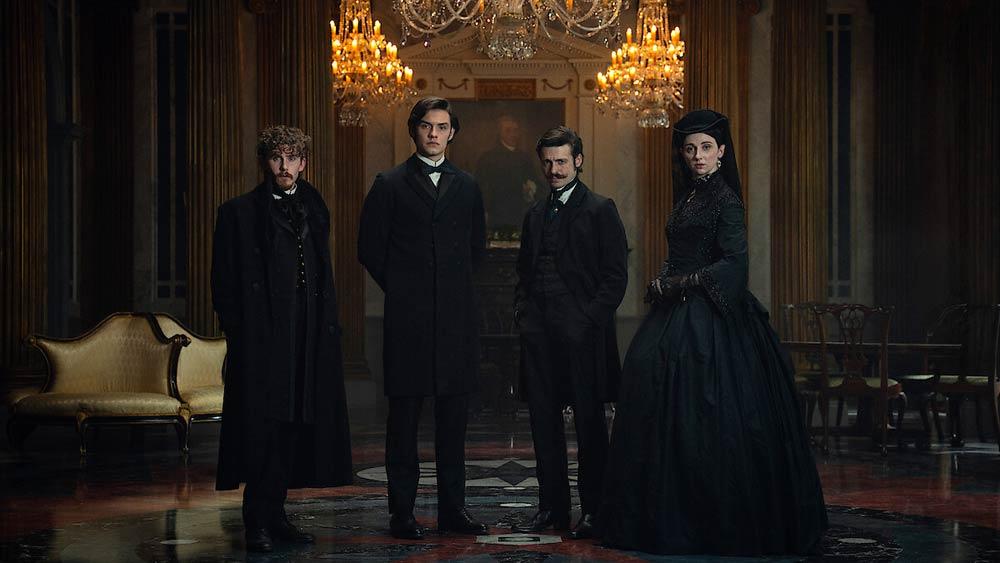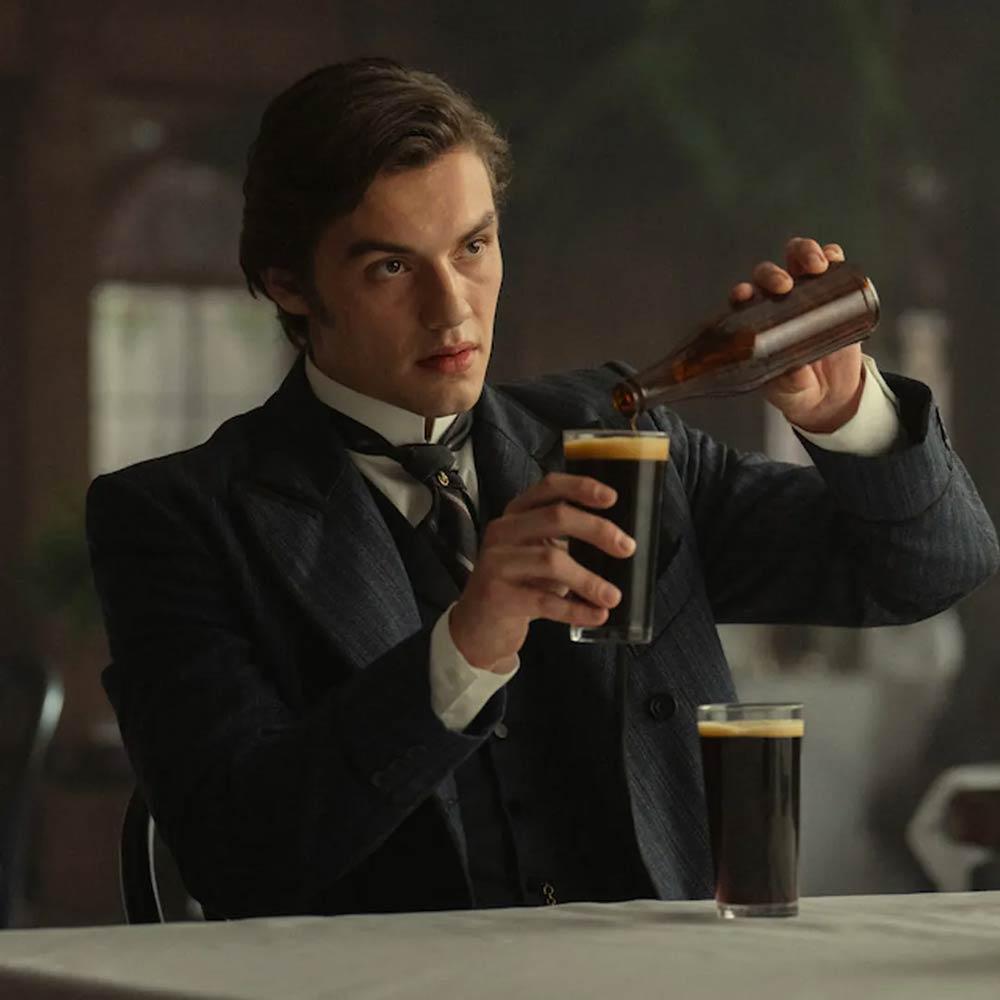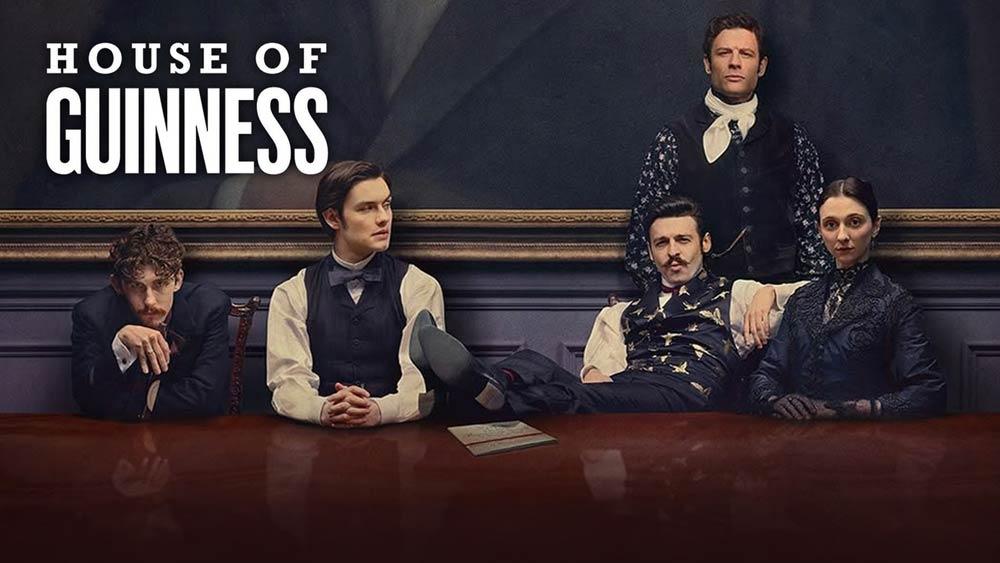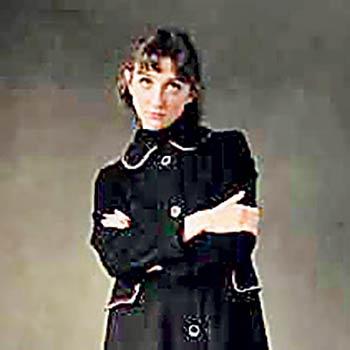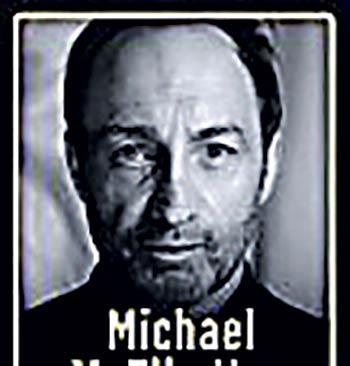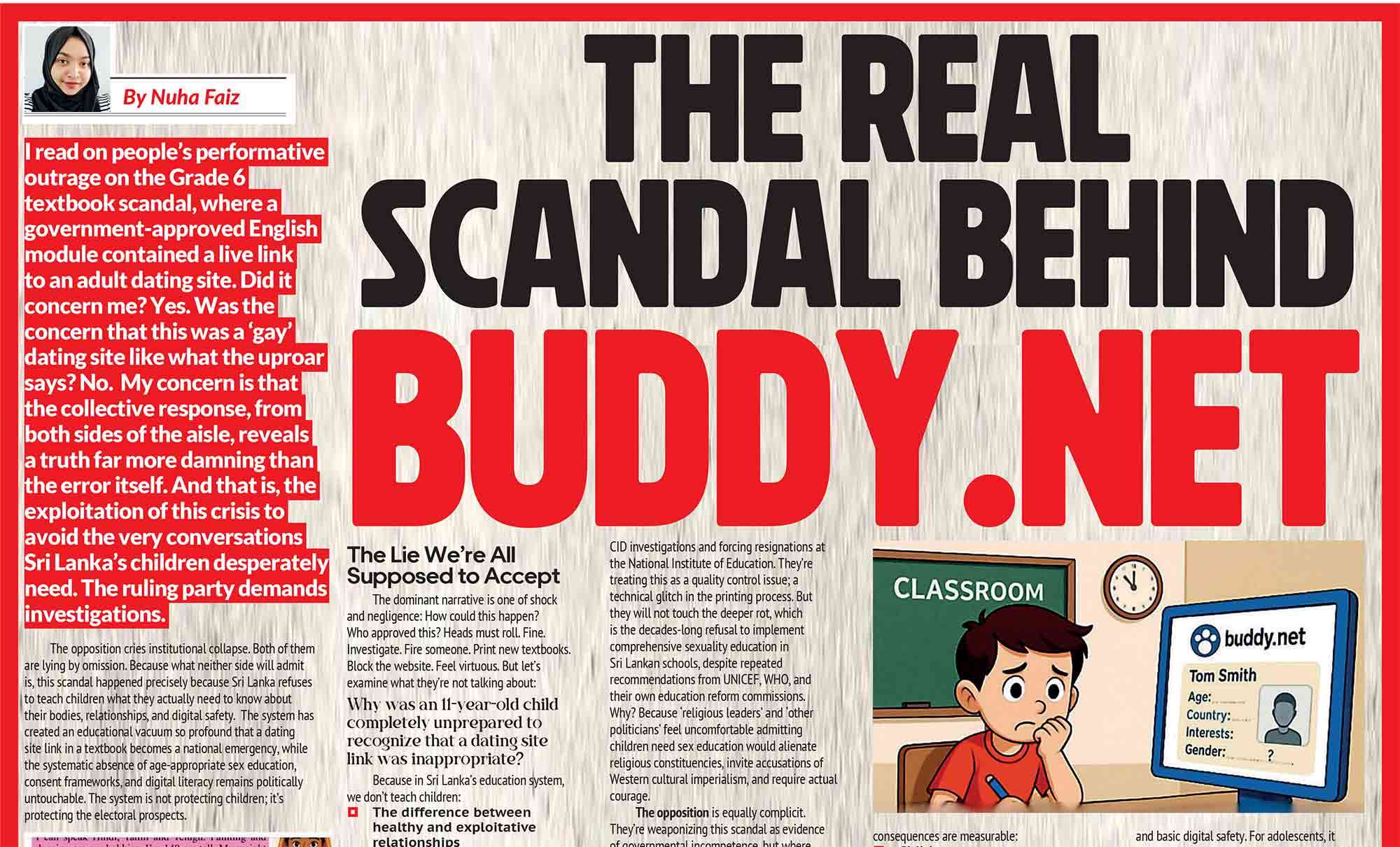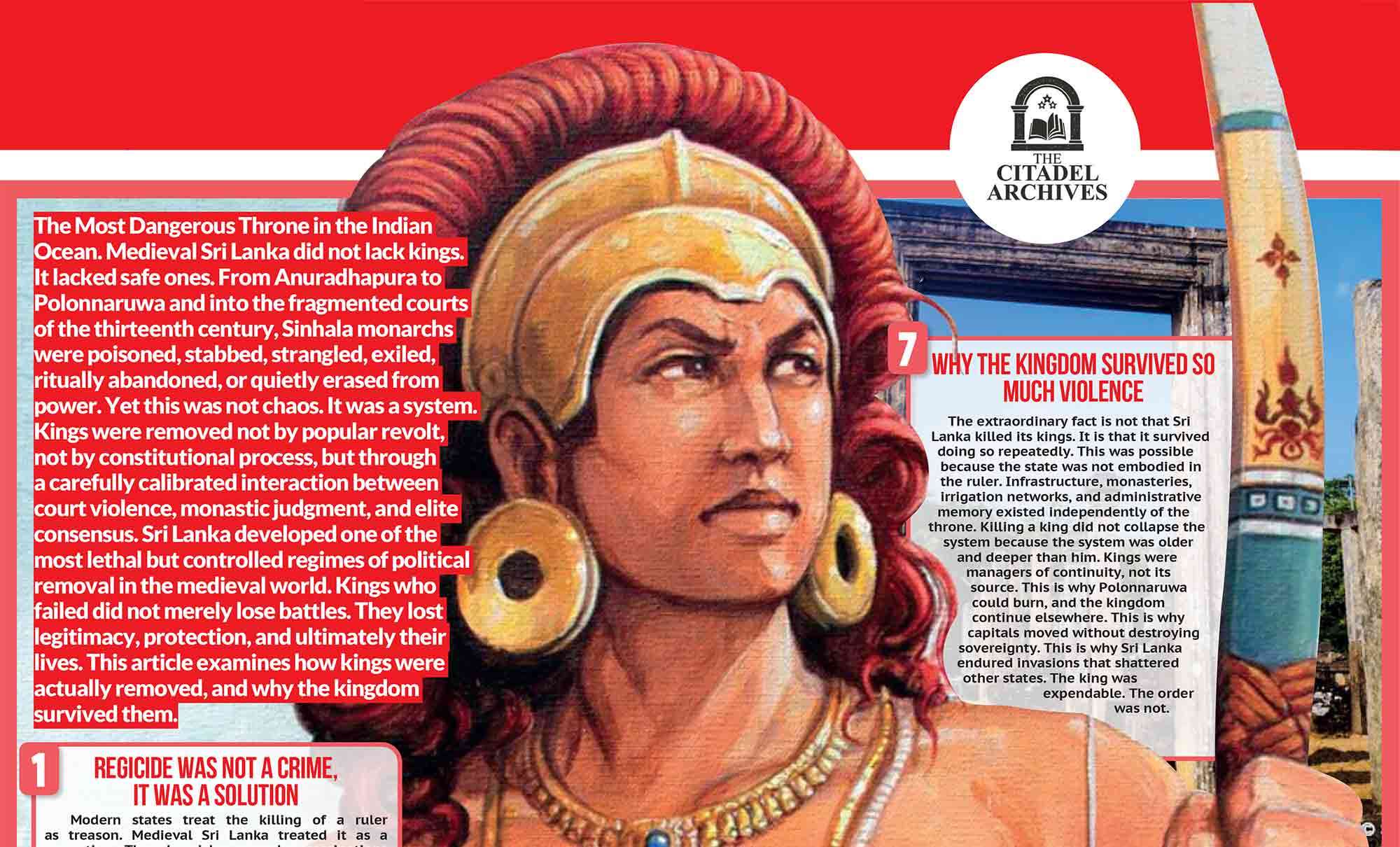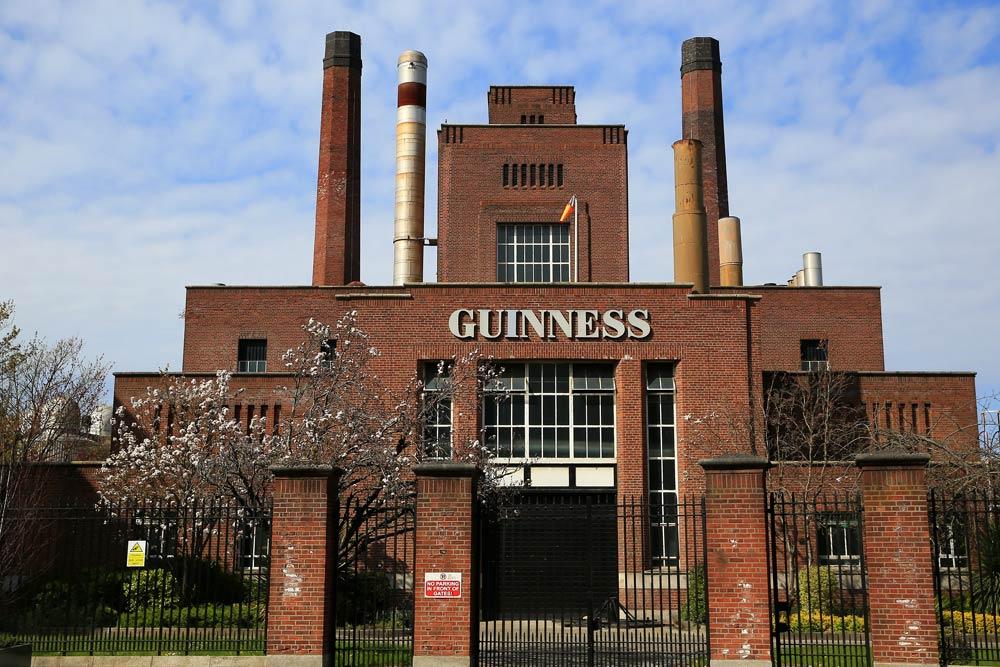
House of Guinness is a sumptuous, high-stakes period drama from Peaky Blinders creator Steven Knight, released on Netflix in September 2025. Spanning eight episodes, it dramatizes the aftermath of the death of Sir Benjamin Guinness in 1868 and the fierce struggles among his heirs, Arthur, Edward, Anne, and Benjamin, over the family’s brewing empire, set against the shifting political tensions of 19th-century Ireland. From the first frames, House of Guinness lets you know exactly what kind of show it wants to be: bold, stylized, emotionally charged, and unafraid to lean into melodrama. The opening credits flash the words “family, money, rebellion, power” over a darkened, rhythmic beat, in a gesture that telegraphs both ambition and self-awareness. This is not a quiet, subtle character study, it is meant as a streaming spectacle, fusing the historical grandeur of dynastic dramas with the slick energy of modern prestige TV. Below is a breakdown of its major strengths and weaknesses, followed by a verdict on whether this “pint-filled” saga is worth your time.
|
Jack Gleeson as Byron Hedges |
|
Anthony Boyle as Arthur Guinness |
|
Danielle Galligan as Lady Olivia Hedges-White |
|
Dervla Kirwan as Agnes Guinness |
|
Emily Fairn as Anne Guinness |
|
Hilda Fay as Sultan |
|
James Norton as Sean Rafferty |
|
Niamh McCormack as Ellen Cochrane |
|
Michael McElhatton as John Potter |
Strengths: Visuals, atmosphere, and production values
One of the show’s strongest suits is its visual ambition. The sets, costuming, and cinematography evoke a moody, brooding 19th-century Dublin, or at least a version of it filtered through a modern cinematic lens. The palette leans dark and earthy (lots of browns, deep shadows), and the lighting is often drenched in twilight or gaslit gloom. In many scenes, you feel the dust, the dim streets, and the heaviness of power. Critics have noted that sometimes the show luxuriates in its “sludgy hues” to a fault, making some scenes visually dense to the point where clarity suffers. Yet there are moments where the art direction and framing really payoff scenes of the Guinness brewery, the coffers, the family mansions, and the streets of Dublin (or their stand-ins) feel grand yet grounded. Variety calls the show “an intense family drama” with immersive visuals, though it warns that the historical fidelity is often loosened for dramatic effect. The visual confidence is one of the main reasons to watch.
Musical score and soundtrack
Perhaps the most surprising and polarizing choice in House of Guinness is its contemporary soundtrack, which weaves in modern Irish bands, including Fontaines DC, Gilla Band, and Kneecap, in moments of emotional or political crescendo. The effect is jarring in places, but when it works, it heightens the emotional resonance. The Irish Times’ review praises the “fantastic” musical choices, even if they occasionally feel on the nose. If nothing else, the use of Irish artists signals boldness and a desire to root this high drama in a contemporary Irish identity, despite the 19th-century setting.
Strong cast, and moments of charisma
The performances generally fare well against the show’s excesses. Anthony Boyle as Arthur, Louis Partridge as Edward, Emily Fairn as Anne, and Fionn O’Shea as Benjamin bring enough gravitas and charisma to anchor many of the weaker narrative moments. In particular, Boyle’s Arthur (a brooding, conflicted eldest son) often becomes the emotional fulcrum of the series. Even James Norton, playing a fictional character Sean Rafferty (warehouse foreman/security), receives praise: The Guardian notes his “pheromones positively sizzle off the screen.”
There is also some nuance: Louis Partridge has spoken in interviews about portraying Edward in ways that modern audiences might read as neurodivergent (social awkwardness, intense focus), though whether this works dramatically is debated. In all, the cast carries many scenes that the writing otherwise overburdens.
Entertainment value and bingeability
For all its flaws, House of Guinness does succeed as a bingeable drama. Tom’s Guide describes it as “frothy drama” with enough wrinkles to keep you clicking “next” even if it won’t stay in your memory forever. Hollywood Reporter calls it “frothy fun” not deep substance, but an entertaining ride. The show’s pacing, though uneven at times, has moments of real emotional payoff or dramatic tension that keep it propulsive.
Weaknesses and criticisms: Historical accuracy and cultural interpretation
One of the biggest criticisms, especially from Irish critics, is how House of Guinness handles history. The series is loose with facts, anachronistic in places, and sometimes reduces complex historical tensions to melodramatic shorthand. Irish voices, in particular, have been vocal: The Irish Times calls it “wildly unfaithful,” with a “rudimentary understanding” of colonial power and nationalism. Critics have also mocked the show for stereotypes, calling some of the Fenians “feral leprechauns” or accusing the accent work of veering into caricature. Indeed, the drama often elides nuance, the dual identities of Anglo-Irish elites, the economics of brewing, the complexities of land and religion, in favour of clearer good vs. bad conflicts. The Independent complains that House of Guinness “feels sluggish and lacks subtlety,” and its dialogue is too on-the-nose, too frequently stating what is meant instead of dramatizing subtext. In many scenes, characters loudly explain their motivations or quote scripture in a way that undercuts dramatic tension.
Tone, pacing, and overreach
Because the show aims high, a kind of Succession + Peaky Blinders mash-up, it sometimes overreaches. Some sequences feel overwrought; the dialogue crawls into melodrama or heavy-handed symbolism. The Independent notes that the show is “a bit exhausting, a bit try-hard.” And pacing is uneven: the first half is stronger than the second, and several time jumps in the latter episodes jar the narrative flow. The Hollywood Reporter describes it as having “not much substance” under the gloss. Some critics feel no character is given enough room to shine, and that the show sometimes leans too heavily on style over emotional depth. Tom’s Guide, for example, argues that while the series is watchable, it may not make a lasting impression. Variety similarly praises the ambition but warns that it lacks the punch of Knight’s earlier works.
Accents, dialogue, and authenticity
The series’ attempt at Irish accents has met with scrutiny. Some actors do relatively well, but others are inconsistent, occasionally lapsing into generic “British historical” cadences or clipped speech that distracts. The Guardian calls House of Guinness a case study in “TV’s problem with Irish accents,” pointing out that even the best efforts are overshadowed by cultural expectations and fierce scrutiny. Dialogue more broadly is a sore spot: critics argue it is often too explicit, too explanatory, too inclined to tell rather than show.
The Independent cites numerous instances of characters stating the obvious (e.g. “this is about family”) or weaving in Scripture as rhetorical punches, pushing the show toward melodrama rather than breathing complexity.
Overall assessment and verdict
One of the interesting tensions at the heart of House of Guinness is that it exists in two spaces at once: it is both a prestige historical drama and a streaming melodrama, and sometimes the two impulses clash. Its ambition and scope are commendable, few shows attempt such a sweeping family saga, with brewing empires, political unrest, sex, betrayal, and social change all in the mix. The visual design is often striking, the cast talented, and it does offer enough spectacle and drama to be compelling in many stretches. Yet the show’s flaws are glaring: its historical looseness, occasional clumsiness of tone, uneven pacing, and stylised excess can undercut emotional authenticity. Critics, particularly those closer to the cultural and historical setting, have been more sceptical. Irish reviewers have been especially tough, decrying its misrepresentations of colonialism, class, and identity.
If I were advising you: go into House of Guinness understanding it is not a documentary, but a dramatized spectacle with artistic license. Its greatest pleasures lie in its visuals, its swagger, and its emotional peaks, not in historical precision or moral subtlety. If you enjoy ambitious, somewhat stylized family sagas (and can tolerate the occasional heavy-handedness), it’s worth a watch. But if you prefer your period dramas lean, crisp, and grounded in nuance, you may find yourself frustrated.
On a personal scale, I found House of Guinness to be a mixed pleasure. Its emotional highs and stylistic flairs often outweigh its awkward dialogue or historical concessions. The family confrontations, the brewing tension, and the music choices; are memorable. But the show stumbles whenever it forgets to trust its characters and lean too hard into a hammer-and-sickle metaphor or dramatic flourish.
In summary, House of Guinness is a bold, flawed, and watchable drama. It may not stay with you for long, but for several evenings, it invites you into a dark, smoky world of ambition, legacy, and power, the kind of binge you’ll flick through with gusto, even if parts of it grate. If you watched Succession or Peaky Blinders and wished for a more Irish, beer-tinged variant, this may hit a sweet spot, just don’t expect it to be subtle or entirely faithful.
